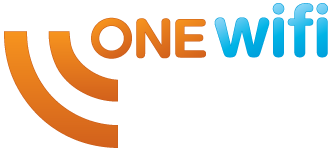I was reading an interesting article recently that got me thinking about HOW people actually use public hotspots. Many people are familiar with how to use and connect to a public WiFi network and it is a resources that most find very useful. While it's easy to assume that the connection is safe, how often do we really consider where that signal is coming from and who is really providing it and why?
A large number of retailers, restaurants, and hotels are aware of the benefits of providing these services to the public. With more and more public WiFi hotspots becoming available and being utilized every day, I think it is crucial to think twice before deciding to connect to these unfamiliar networks.
In the article How to Stay Safe on Public WiFi David Neild stresses the importance of reading that commonly ignored terms and conditions page and I couldn't agree more. You should always do this. There are people and companies out there that are happy to provide this "free" service to anyone in exchange for their person information and details of their browsing history. Reading the terms and conditions page is a good way to ascertain the nature and intent of the network and the ones providing it. It is up to the user to weigh the pros and cons of using these types of networks and deciding whether giving up some of this information is worth the convenience of free bandwidth.
If you decide to connect anyway it is probably best to "stick to activities that you do not mind being snooped on". While there are tons of options and many obstacles to navigate while trying to stay connected on the go, a little user awareness can go a long way. Using secured and authorized hotspot services that have been approved and set up by the business or venue is going to be the best and safest option for the user. These types of networks are also preferred by the businesses providing them, as they are used as a recourse to increase customer satisfaction and as a tool for reaching out to users who just want to stay connected. Please head over to Gizmoid to read the article where Mr. Nield provides a lot of useful advice on "How to Stay Safe on Public Wi-Fi".
Blog
June 15, 2016
Being Safe When You Use WiFi
by Brad Irvin | 0 COMMENTS
LEAVE A COMMENT
Categories



